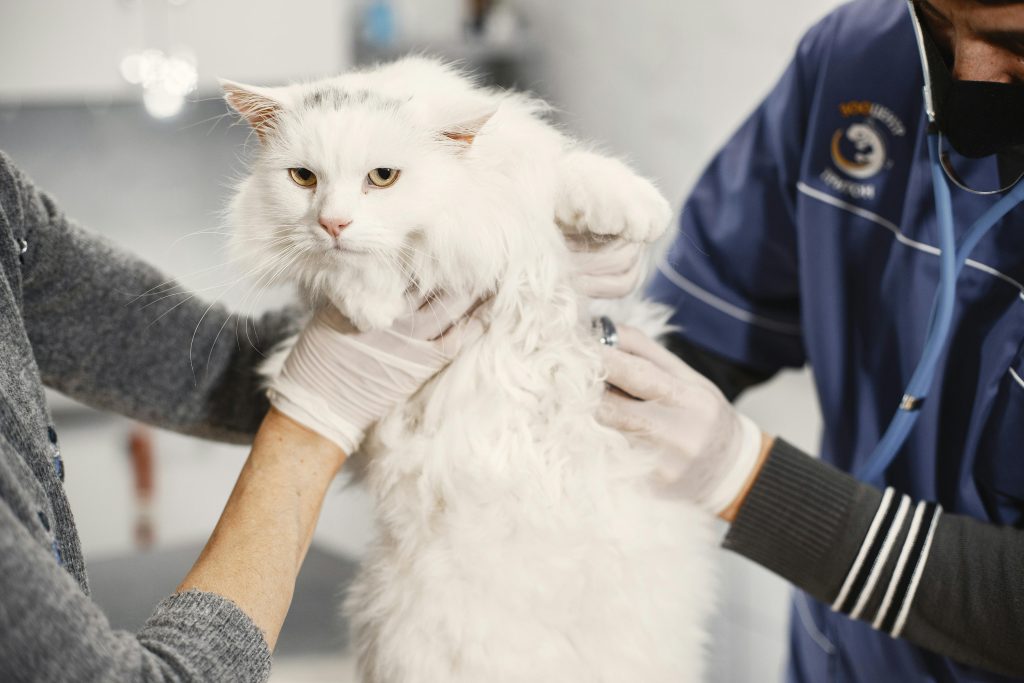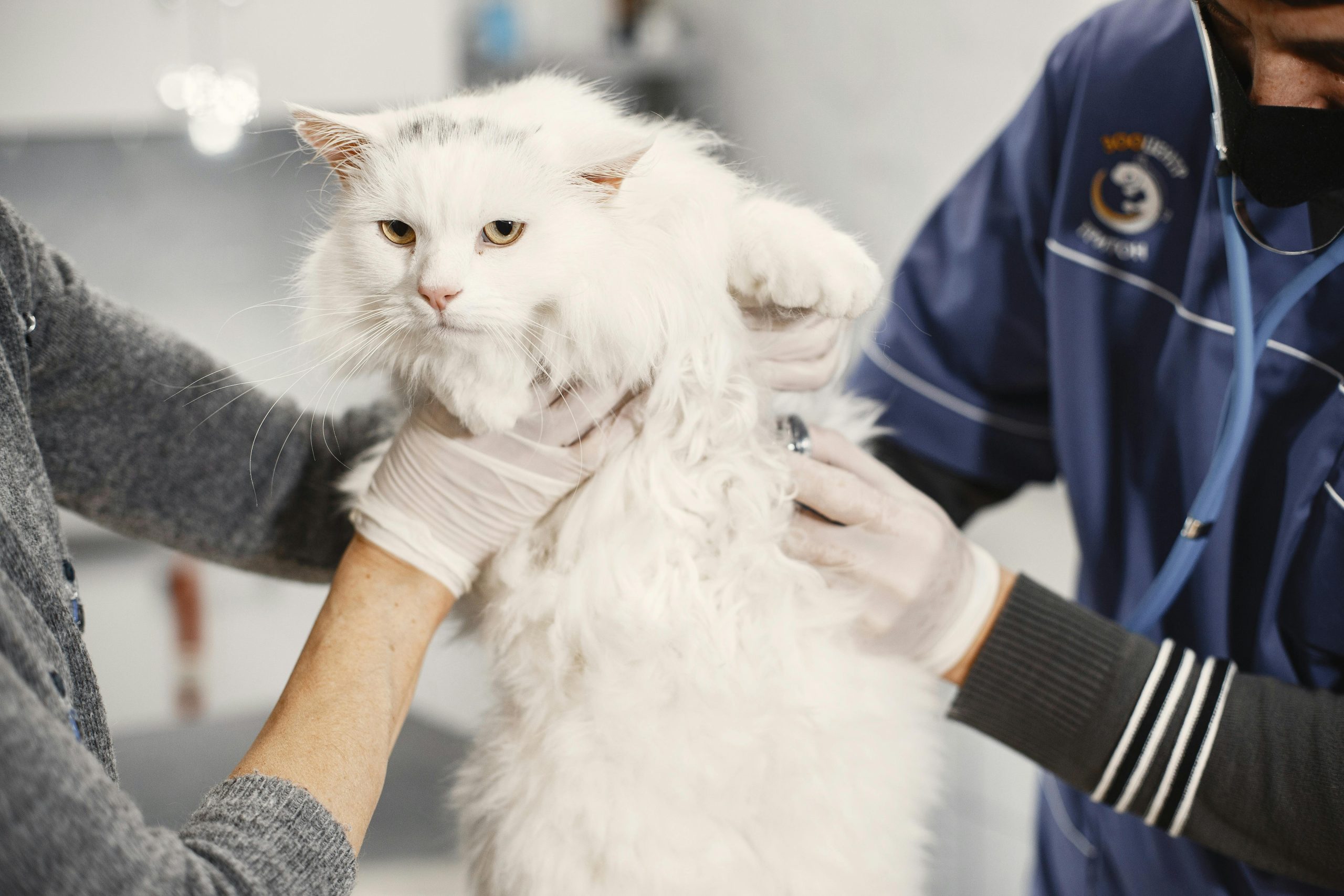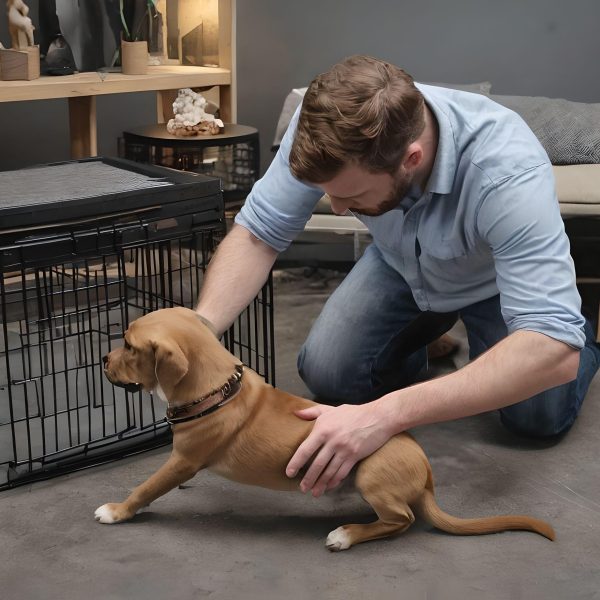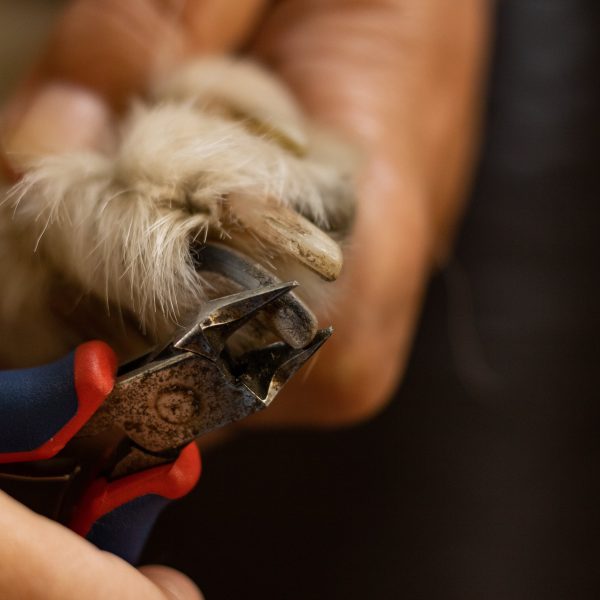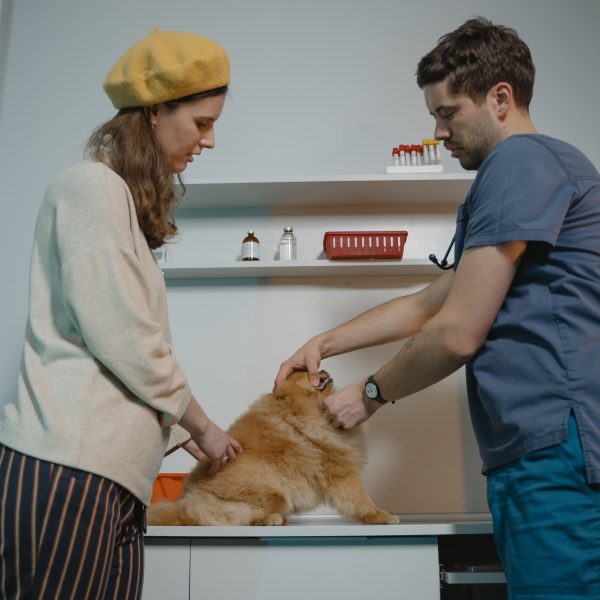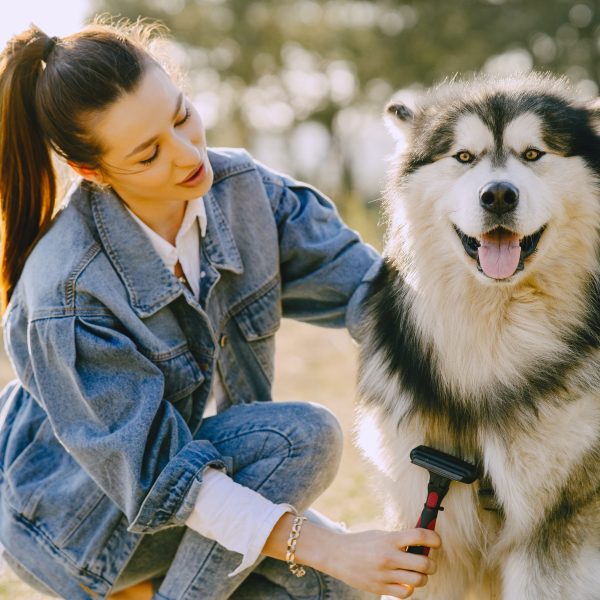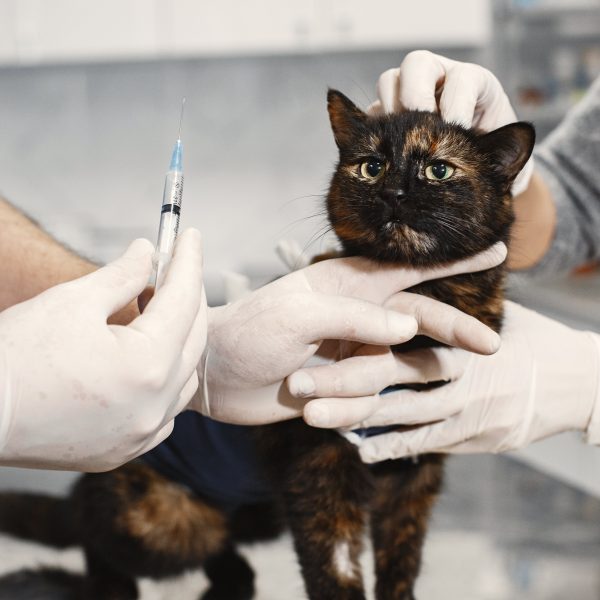As our furry friends grow older, they undergo changes that necessitate adjustments in how we care for them to ensure they remain healthy and happy. Much like humans, aging pets experience mental changes that require special attention and care. From modifying their diet to regular trips to the vet, understanding the specific needs of older animals is essential for providing them with a high quality of life in their later years.
Getting Familiar with Senior Pet Health
The aging process in pets can vary depending on their species, breed, and size. Generally, dogs and cats are considered seniors once they reach around 7 years old. With age comes an increased risk of health issues such as arthritis, dental problems, vision or hearing loss, cognitive decline, as well as kidney or heart diseases. Being able to recognize the signs of aging and addressing them promptly is crucial for maintaining your pet’s health.
Dietary Needs and Nutrition
One crucial aspect of caring for older pets is ensuring they receive proper nutrition. As animals age, their metabolism slows down and their dietary needs change accordingly. Special diets for senior pets are designed to cater to their changing requirements, with reduced calories to prevent weight gain and increased levels of essential nutrients like protein, vitamins, and minerals to support their aging bodies. Some senior pets may require specialized plans to manage conditions such as arthritis or kidney disease, so seeking advice from a veterinarian is important.
Exercise and Mobility
Staying active is crucial for maintaining pets’ mobility and overall well-being, even as they may not be as energetic as before. Adjusting the intensity and duration of their exercise routines is key to accommodating their aging bodies. Activities like walks, swimming, or short play sessions can help them stay active without causing stress on their joints. Providing resting spots and easy access to food, water, and litter boxes can also aid them in navigating their surroundings easily if they have mobility issues.
Regular Veterinary Check-Ups
Regular veterinary check-ups are essential for pets, with annual wellness exams recommended to keep track of their health status and identify any age-related problems early on. These check-ups might involve blood tests, urine analysis, dental assessments, and other screenings to evaluate their health. Keeping your pets’ vaccinations and parasite preventatives up to date, especially as they get older, is crucial as senior pets tend to have weakened immune systems making them more vulnerable to infections.
Dental Care
Taking care of your pet’s teeth is crucial as they age, as dental issues are common and can lead to various health problems if not treated promptly. As pets grow older, plaque and tartar can build up, causing gum disease, tooth decay, and even infections throughout the body. Regular dental maintenance such as brushing their teeth, providing dental toys or treats, and scheduling cleanings with a vet can help keep their oral health in check and prevent dental issues.
Cognitive Health
Cognitive health is also essential for pets, with Cognitive Dysfunction Syndrome (CDS) being a common condition among aging pets, similar to dementia in humans. Symptoms may include confusion, changes in sleep patterns, unusual behavior, and reduced interaction with family members. While CDS cannot be entirely cured, certain strategies like enrichment with puzzle toys or games can stimulate your pet’s mind and combat boredom. Your vet may also recommend supplements or medications to support cognitive function.
Mental Well-being
As pets age, they may undergo shifts in behavior and mood that affect their well-being. Senior pets might experience anxiety, confusion, or even depression over time. Ensuring they receive love, attention, and mental stimulation can help ease their stress and enhance their well-being. Establishing a routine, creating a secure space, and spending quality time with them can reassure your older pet and deepen your bond.
Taking care of an aging pet requires patience, empathy, and commitment. By understanding the needs of older animals and adjusting their diet, exercise regimen, veterinary care, and surroundings accordingly, we can ensure they lead comfortable and rewarding lives in their later stages. With care and affection, our senior pets can continue to bring happiness and companionship into our lives for more years to come.

